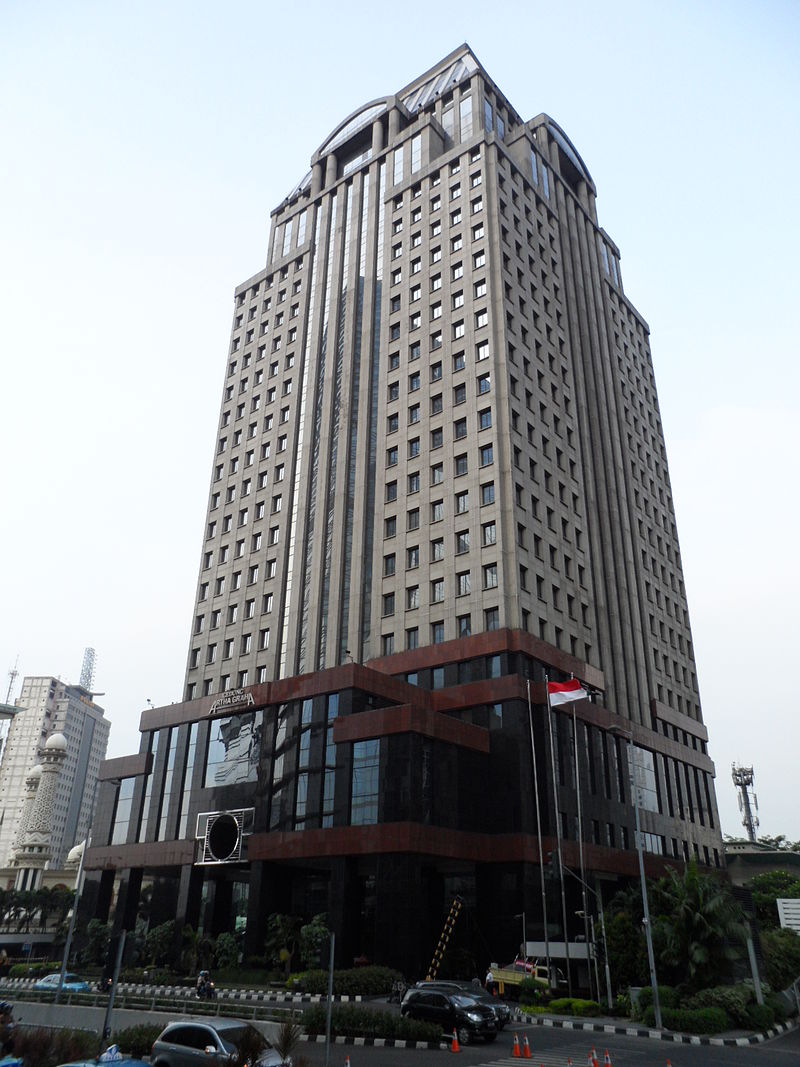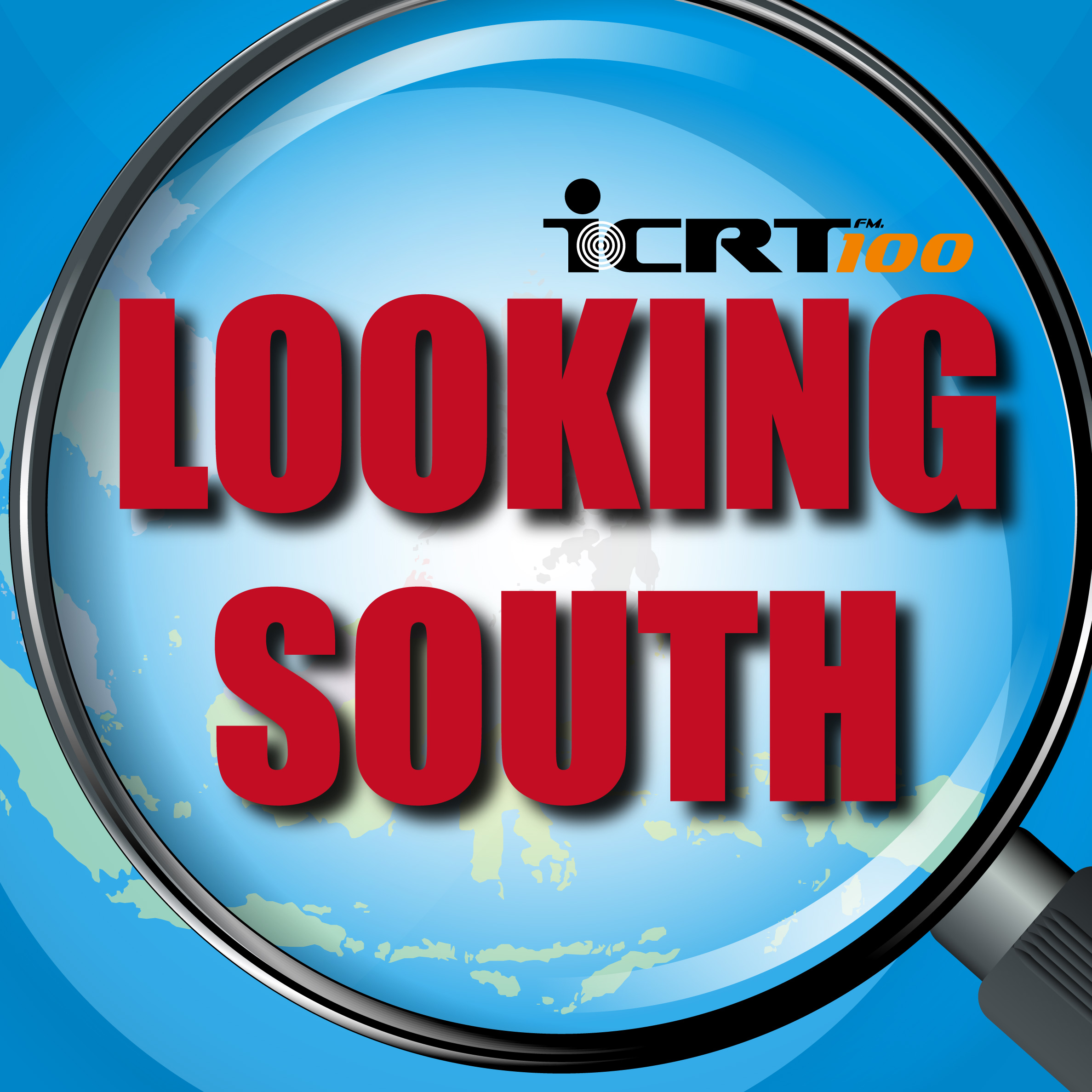
ICRT continues our look at the government’s New Southbound Policy with an interview with the Taipei Economic and Trade Office Jakarta Representative John Chen. He and Eric Gau tackle issues of economics, agriculture, education, and more.

Transcript:
Eric Gau: Hello, everyone. I’m Eric Gau and welcome to “Looking South,” here on ICRT. Today, we’re joined by Taiwan’s representative to Indonesia, Mr, John Chen, to tell us about how the New Southbound Policy will affect ties with Indonesia. Representative Chen, welcome to the program.
John Chen: Thank you, Eric.
Eric: Indonesian President Joko Widodo, he actually recently met a delegation of Taiwanese businessmen expressing gratitude for Taiwanese investment and welcoming more such investment in the future. This, of course, shows that Taiwan and Indonesia already have a long history of strong economic cooperation.
Can you give us any idea of the current Taiwanese investment projects and how these are likely to expand under the New Southbound Policy?
John: Okay, thank you, Eric. President Jokowi of Indonesia, accompanied by several cabinet ministers, met with more than 20 Taiwanese business leaders on November 30th. During the meeting, the political leaders expressed strong interest in investing or doing business in Indonesia.
President Jokowi and his ministers also expressed firm commitment to assisting investment from Taiwan. Taiwan’s investment has created more than one million jobs in Indonesia.
It’s a long term trend of investment, according to our internal study. Taiwan’s investment in recent years has been transformed from conventional labor, intensive tech sectors to capital and technology‑based sectors. The ideal locations to accommodate Taiwan’s investment have gradually expanded to second or third‑year cities.
From a business point of view within Indonesia, not only as a manufacturing base but also a market with great potential. All investment in this country, not only eyes on the Indonesian market but also markets in the Asian region, as a whole.
Eric: In Indonesia, a government official has recently said that Jakarta is eyeing Taiwan’s industrial innovation. Can you give us any examples of Taiwan’s technologies or advances that Indonesia is interested in acquiring?
John: Yes, without doubt, innovation is the main driving force for the development of modern economy and also the best tool for trends in international competitiveness. Taiwan, in recent years, has persistent to the invested tremendous resources in developing digital technology and integrated systems, and has lead a solid foundation for the cultivation of industrial innovation.
Since the spirit of the New Southbound Policy is two‑way and mutually beneficial, sharing Taiwan’s experience on achievements in industrial innovation with Indonesia will be a pivotal point we must think of.
In past years, Taiwan has been successfully developing intelligent systems, such as Smart City Solutions and Energy Efficiency Services. In addition, Taiwan’s energy service companies are interested in Indonesian and Asian regional markets for their potential needs on Energy Efficiency Services.
I believe that Indonesia would be interested in promoting these innovative technologies and forging partnership with Taiwan’s enterprises. Indonesia, in industrial structure has begun to evolve, all sides could cooperate in promoting innovation and work together to explore new markets.
Eric: Indonesia is interested in expanding its e‑commerce industry. How can Taiwan help with that?
John: Indonesia’s e‑commerce industry is an emerging industry, thanks to the joint popularity of the Internet. Indonesia’s business platform vendors are competing to enter into Indonesian market. Our business model is the right one for Indonesia. Similar to Taiwan, Indonesia has a large number of small and medium enterprises.
Taiwan’s successful business model in SMEs is therefore applicable to Indonesia. Indonesia can emulate Taiwan’s model of e‑commerce indices supply chain, through the vending platform to focus on small business products coupled with the efficient logistics system and payment system.
By so doing, Indonesia’s e‑commerce can blossom, and in the meantime, Taiwan products can also penetrate into Indonesian market.
Eric: Taiwan and Indonesia, they’ve have actually signed an agricultural cooperation agreement in May of 2016. Has there been any concrete impact on the Indonesian agricultural sector since then?
John: The Taiwan technical mission is engaging its corporations in agri‑business in Bogor and successfully creates the Taiwan ICDF and IPB vegetable brand which is popular in major supermarkets in Jakarta.
The One Village One Product project, called the OVOP project, in Badung county, Bali Island, cultivates asparagus, 蘆筍, which significantly increases farmers’ income by 500 percent. That is very, very tremendous.
To strengthen bilateral agricultural cooperation, Taiwan and Indonesia also signed an agreement on upgraded agricultural corporation and held the first agricultural consultative meeting on May 12th. This agreement provides an efficient mechanism for authorities concerned to countries to carry out cooperation and programs in the future.
Eric: Turning now to educational ties. I understand there are currently about 4,500 Indonesian students studying in Taiwan. What kind of skills and advantages have they gained by studying here and what contributions have these students made after returning back home?
John: Besides businessmen and migrant workers, Indonesian students have been playing important roles in Indonesia‑Taiwan bilateral relations. Currently, Taiwan became one of the most popular destinations for Indonesian students in their academic pursuit.
The number of Indonesians students studying in Taiwan has increased 835 students in one year, making them the second largest group of Southeast Asian students in Taiwan, only second to Malaysian students.
The most popular degree courses taken by Indonesian students in Taiwan are engineering, commerce and management, humanities, medicine and health.
After returning to Indonesia through the years, there have been many students coming to contribute what they learned from Taiwan to become professionals and leaders in Indonesia’s academic, economic, civil service, and diplomatic sectors, and thus, build an even stronger bond of understanding between our two countries.
In the future, I believe that through more exchanges and collaborations in the academic field, young people in both countries will be able to increase their international competitive age and achieve a win‑win result. We look forward to even closer cooperation in education between the two countries.
Eric: We’ve been chatting with Mr. John Chen, Taiwan’s representative to Indonesia. Representative Chen, thank you so much for joining us on the air today.
John: You’re most welcome, Eric. Thank you.
Eric: Thank you. That’s it for today’s look at the New Southbound Policy here on ICRT’s Looking South Program. I’m Eric Gau, and join me again next week for a new episode of Looking South.
